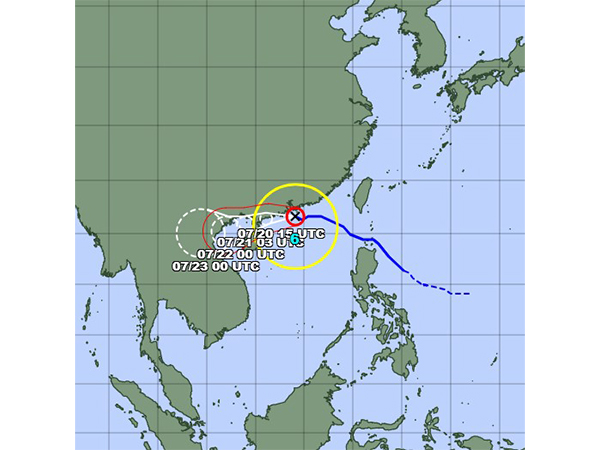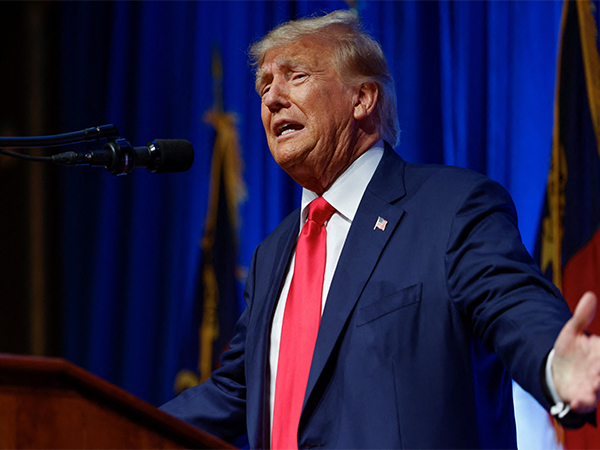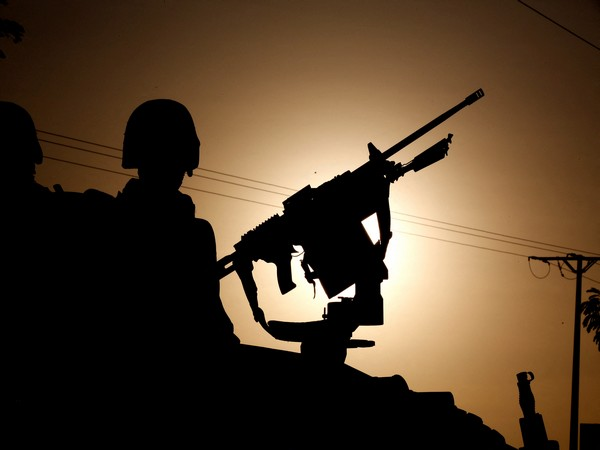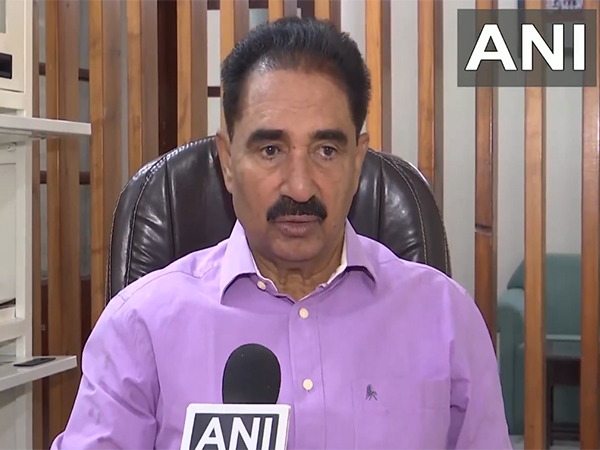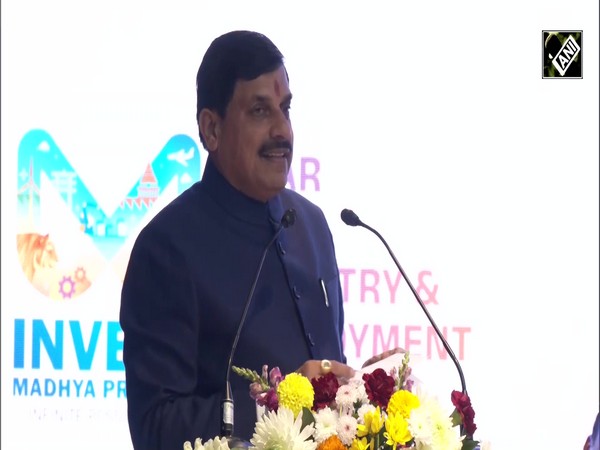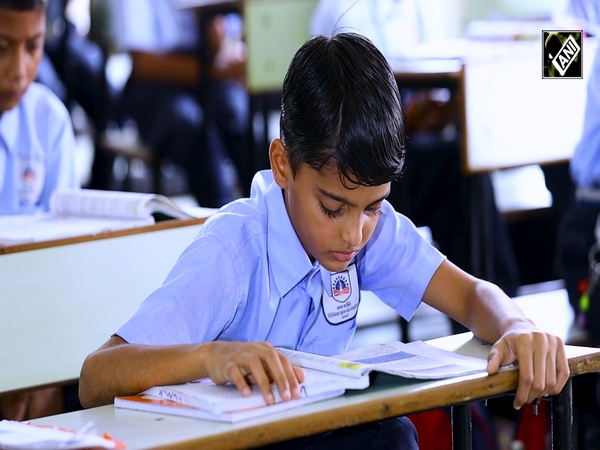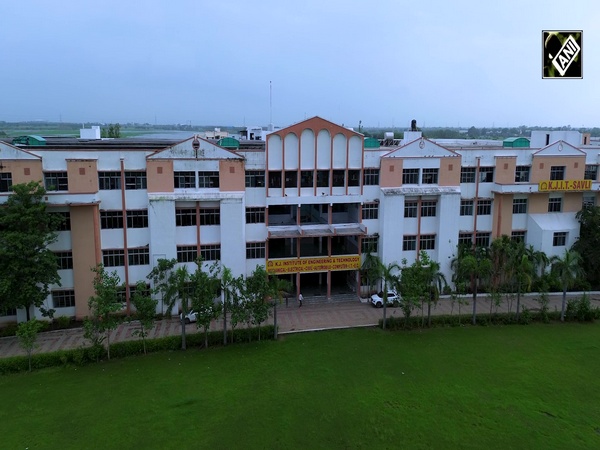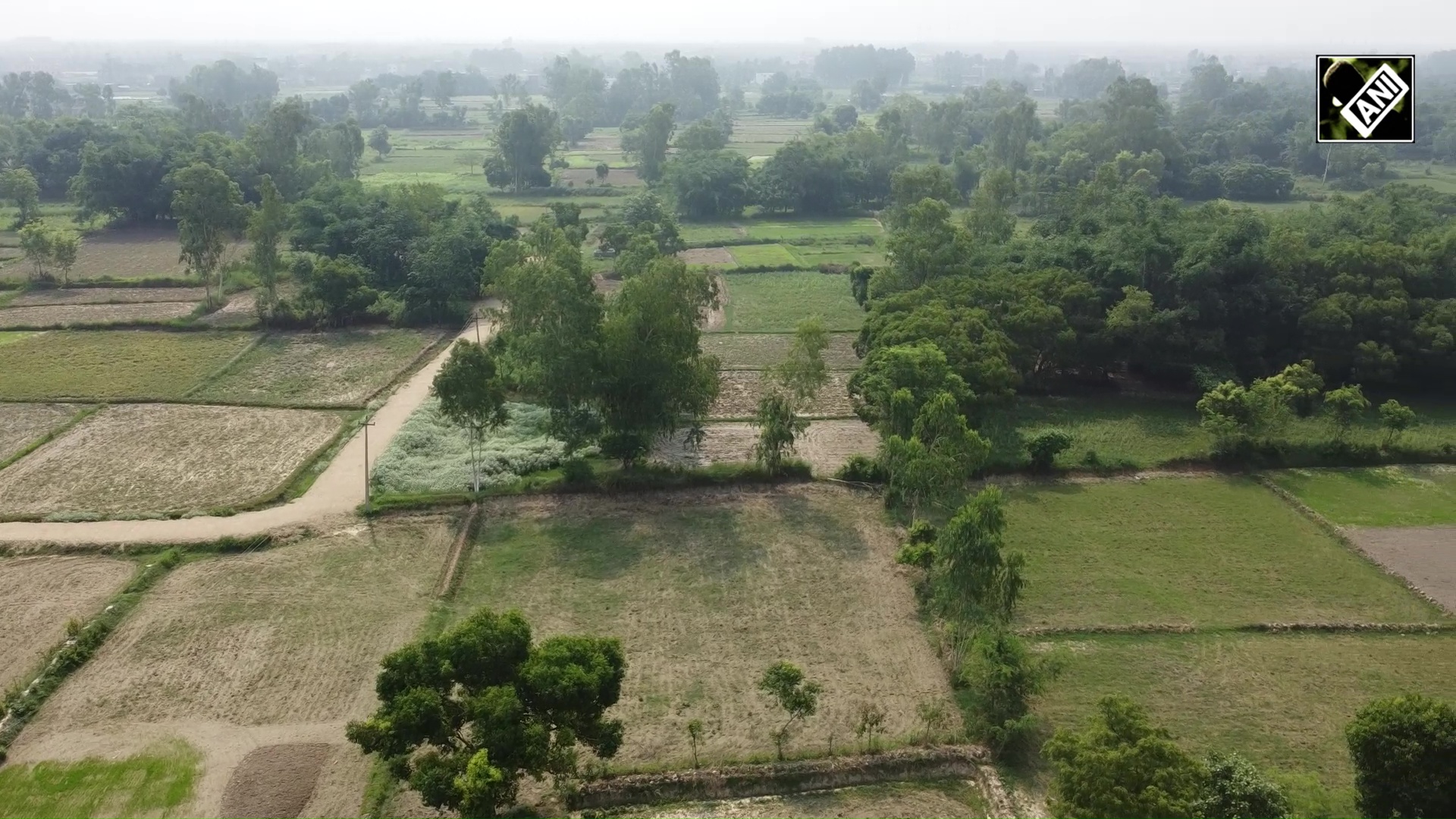As it looks to reset ties with America, Pak bends again by allowing airspace to US warplanes
Jun 03, 2021

Islamabad [Pakistan], June 3 : In another move within recent months to reset relations with the United States, Pakistan has granted permission for US warplanes to use its airspace in support of forces fighting the Taliban forces in Afghanistan, Tom Hussain writes for South China Morning Post (SCMP).
Several renowned Pakistani journalists recently revealed on social media that Pakistani airspace was used by American warplanes on at least one occasion during the first week of May to bomb Taliban forces engaged in a major anti-government offensive in the Helmand province of Afghanistan.
The journalists further said that the resumption of US military air operations over the skies of Pakistan's Balochistan province came after a request from Washington to restore access to the Shamsi airbase, which is 400 km away from the China-operated Gwadar port.
SCMP reported that after former Prime Minister General Pervez Musharraf, the Central Intelligence Agency (CIA) continued to use the Shamsi airbase until December 2011 to fight Tehreek-i-Taliban Pakistan (TTP) insurgents and their al-Qaeda allies in the North and South Waziristan tribal regions.
Pakistan's government announced the expulsion of the CIA from the Shamsi airbase soon after 24 of its soldiers were killed in a clash with US-led forces on the border with Afghanistan in 2011.
As part of the recent decision to pull out troops, US forces recently vacated airbases in southern and eastern Afghanistan, reducing their ability to carry out operations against the Taliban.
This issue came to light after David F Helvey, Assistant Secretary of Defence for Indo-Pacific Affairs, told the US Senate Armed Services Committee last week that Pakistan has allowed them to have overflight and access to be able to support our military presence in Afghanistan.
Later, Pakistan's Foreign Office said that there was no US military or airbase in Pakistan; nor was any such proposal envisaged.
"Any speculation on this account was baseless and irresponsible and should be avoided," Foreign Office Spokesperson Zahid Hafiz Chaudhri said in a statement, as quoted by The Express Tribune.
Chaudhri framed the use of Pakistan's airspace as part of an arrangement ongoing since 2001, when Islamabad agreed to provide the US with air and ground lines of communication to landlocked Afghanistan, SCMP reported. This implied that US ground forces in Afghanistan were being supported by warplanes based on a US Navy aircraft carrier in the Arabian Sea.
Referring to the media reports that the United States has sought to use military bases in Pakistan, Taliban on Friday warned Washington against maintaining surveillance in Afghanistan and said it will lead to "more bloodshed" in the country.
The resumed use of Pakistani airspace by US warplanes represents the second major change of tack undertaken by Islamabad since army chief of staff Bajwa in February unveiled plans to shift the focus of Pakistan's national security policy away from Afghanistan and India towards trade and investment with Eurasia, reported SCMP.
This comes after the Taliban has refused to call off a massive offensive in Afghanistan despite weeks of talks in Islamabad with Pakistani officials.
The Taliban backed out of internationally sponsored talks with Afghan government-led negotiators in March, after Biden postponed the withdrawal of US-led foreign forces from May to September. This has led to Pakistan seeking to persuade the US to engage in a long-term economy-led relationship.
"The Biden administration needs to avoid the worst in Afghanistan: a total Taliban takeover of the country. If that happens, it will be enormously embarrassing for President Biden, may even have a political cost for him, and increase counterterrorism concerns for the US," said Asfandyar Mir, a postdoctoral fellow.
Pakistani officials have been placed under immense US pressure to scale back their country's relationship with China, in stark contrast to Washington's growing alliance with India, SCMP reported
Financial support from the US to Pakistan has also diminished amid accusations over Islamabad's friendly relationship with the Afghan Taliban, and the resurgence of attacks against Indian forces in Kashmir by Pakistan-based jihadist groups with strong Taliban connections.
In 2018, the US cut off military aid to Islamabad for the first time since it occupied Afghanistan in 2002 and worked with India to have Pakistan placed on the 'grey list' by the Financial Action Task Force (FATF) to have failed to prevent money laundering and terrorist financing. The FATF is expected to decide in June whether it is satisfied with Pakistan's actions to remove it from the watchlist.
Under the threat of crippling sanctions from the G7, Pakistan has tightened financial regulations.
Michael Kugelman, a senior South Asia associate at a Washington-based think tank, said that the Biden administration wanted to make the relationship with Pakistan work, but with a narrower focus than Islamabad would prefer.
"The US is looking for cooperation on Afghan peace and counterterrorism, while it wants to put trade and investment - Pakistan's top priorities for the relationship - on the back burner," he said.
